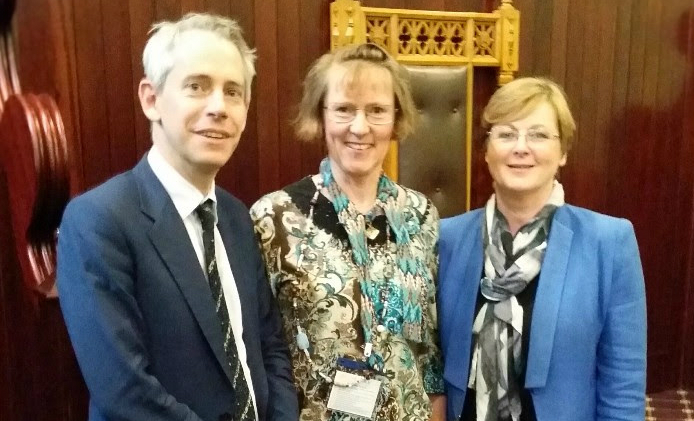
Printing Industries Association of Australia (PIAA) will no longer be pursuing the removal of the ‘authorised by’ and ‘printed by’ requirements on federal election material after receiving overwhelming feedback from members against the idea.
Late last week the PIAA represented by director of government relations Mary Jo Fisher gave evidence to the Federal Joint Standing Committee in Adelaide and recommended no changes be made to the current Electoral Act in relation to printed material.
Back in October the PIAA met with former independent Senator Bob Day where it was concluded that Day would put forth a Private Member’s Bill to amend the Electoral Act.
The PIAA said the change was being considered due to cases of harassment by members of the public towards printers and their staff after a business name appeared on work they produced for government.
Fisher says the changes were part of a proposal which would only go ahead if members supported it.
“We were considering a proposal from Senator Day, rather than it being our idea, and as soon as we alerted our members to the fact that we were considering a change we received overwhelming feedback from our members who were concerned about removing those requirements,” Fisher explains.
“The reasons members gave for the opposition were loss of jobs, concerns about printing going offshore and therefore jobs going offshore.”
Fisher says member feedback also recommended the ‘printed by’ and ‘authorised by’ requirements be extended to non-paper materials such as badges and labels, which the PIAA will now be pursuing.
An anonymous electoral printer tells Australian Printer this change in direction demonstrates the PIAA is listening to its members.
“I think it is great they have listened to the broader print community,” the source says. “I am not sure I agree with some technical aspects of their submission, putting ‘printed by’ on everything such as badges is silly, but it is great they are taking this position.”
Another recommendation Fisher made to the committee was the requirement that all other mediums used in electoral advertising be made as accountable as print.
Using the Medi-scare campaign deployed by the Labor Party during the 2016 federal election as an example, Fisher argued loopholes in electronic media campaigns could potentially cost jobs in the printing sector.
“The Medi-scare campaign presented as anonymous texts sent by individuals, people were not aware it was the Labor Party authorising it because it did not include the ‘authorised by’ requirement,” she explains.
“If people are allowed to send anonymous texts, that becomes an attractive option to political parties because there is no red tape, no accountability and that will mean political parties will see electronic media campaigning as more attractive than traditional print.
Fisher continues, “If we keep allowing this, it will direct traffic away from traditional print to digital, and consequentially it will impact print jobs.”
During Fisher’s appearance it was resolved that the PIAA would appear before the committee in future to oppose both electronic election voting and Australia Post’s bid to be involved in this.
“Politicians are seriously considering electronic voting and the electoral commission will be concerned to see that Australia is keeping up with modern day technology,” Fisher says.
“Maybe electronic voting would be an attractive option in future, but our concern is the Census debacle shows there is no way we are capable of using that technology and chaos with the Census is one thing, but chaos with a local, state or federal elections is another.”
Comment below to have your say on this story.
If you have a news story or tip-off, get in touch at editorial@sprinter.com.au.
Sign up to the Sprinter newsletter
